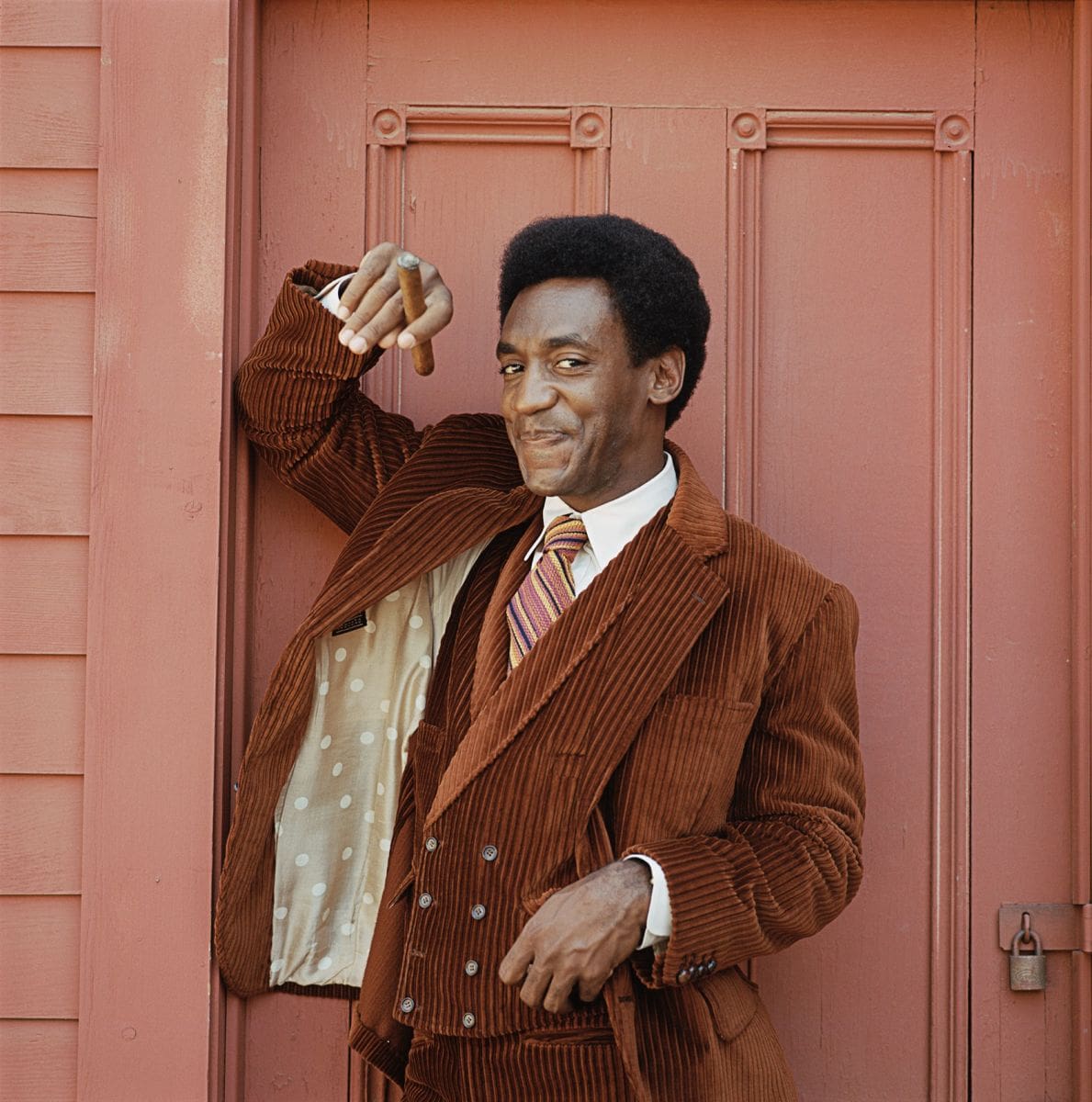By Stan Friedman
CHICAGO, IL (September 19, 2014) — Many Covenanters routinely share links to social media articles and videos with one another that Covenant News Service believes may be of interest to others. Each Friday we post five of them. Following is a sample of those submissions—their inclusion does not represent an endorsement of any views expressed.
The Eternal Paternal: Bill Cosby’s Never Ending Tour
 Why couldn’t Bill Cosby be more like Cliff Huxtable? There is more to the comedian than either his intense critics or adamant supporters care to admit. We often see in Cosby and others only who we want to see in order to fit our narrative, so how do we keep ourselves honest? And why don’t we want to?
Why couldn’t Bill Cosby be more like Cliff Huxtable? There is more to the comedian than either his intense critics or adamant supporters care to admit. We often see in Cosby and others only who we want to see in order to fit our narrative, so how do we keep ourselves honest? And why don’t we want to?
Responding to Critics About “Act Like Men”
This is an excellent example of why it’s important to actually listen to what people are saying rather than assume you know what they mean. Stetzer also models how to respond to critics.
A Funeral for the “Like”
Protestors tired of #hashtag activism, arguing that it demands no action beyond clicking the Facebook “Like” button. So they decided to do something about it—check out the images of the coffin in the shape of the thumbs up button.
Read Slowly to Benefit Your Brain and Cut Stress
First there was slow food, then slow church, and now slow reading. From the article: “Slow reading advocates seek a return to the focused reading habits of years gone by, before Google, smartphones and social media started fracturing our time and attention spans. Many of its advocates say they embraced the concept after realizing they couldn’t make it through a book anymore.”
27 Years Ago, Christian Hip Hop Was Born
It’s been history week for Christian hip hop. Rapper Lecrae’s album Anomaly hit number 1 on the Billboard Top 200 chart, the first time ever for a Christian hip hop album. At the same time, two early albums by Chris Cooper, the person considered by many to be the first Christian “authentically hip hop” artist, were released digitally. Writer Timothy Trudeau says Cooper’s work stood on its own merits and was “music that didn’t seem to attempt to be the Christian copycat of something that was popular in the mainstream.”













